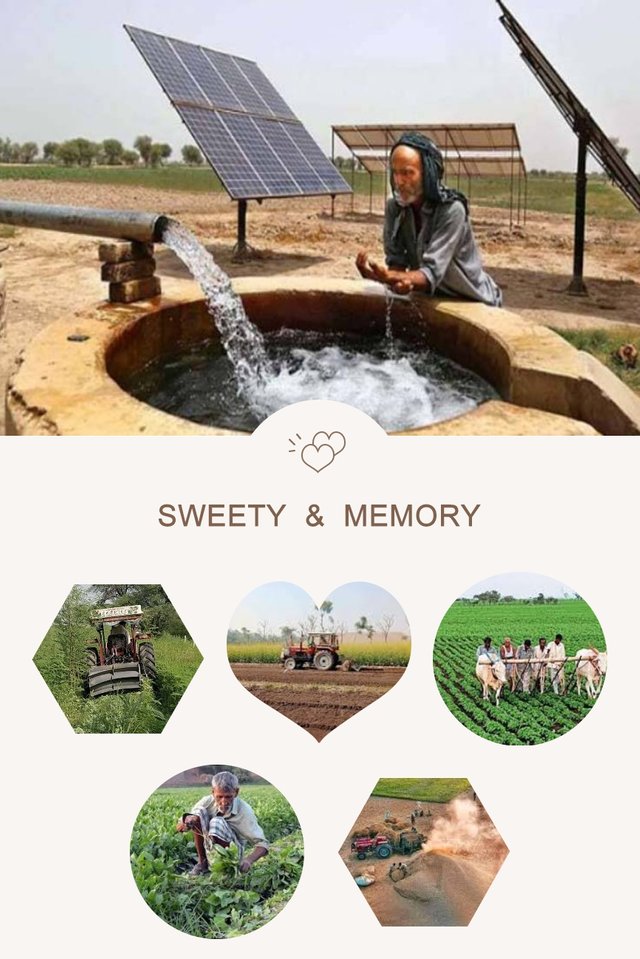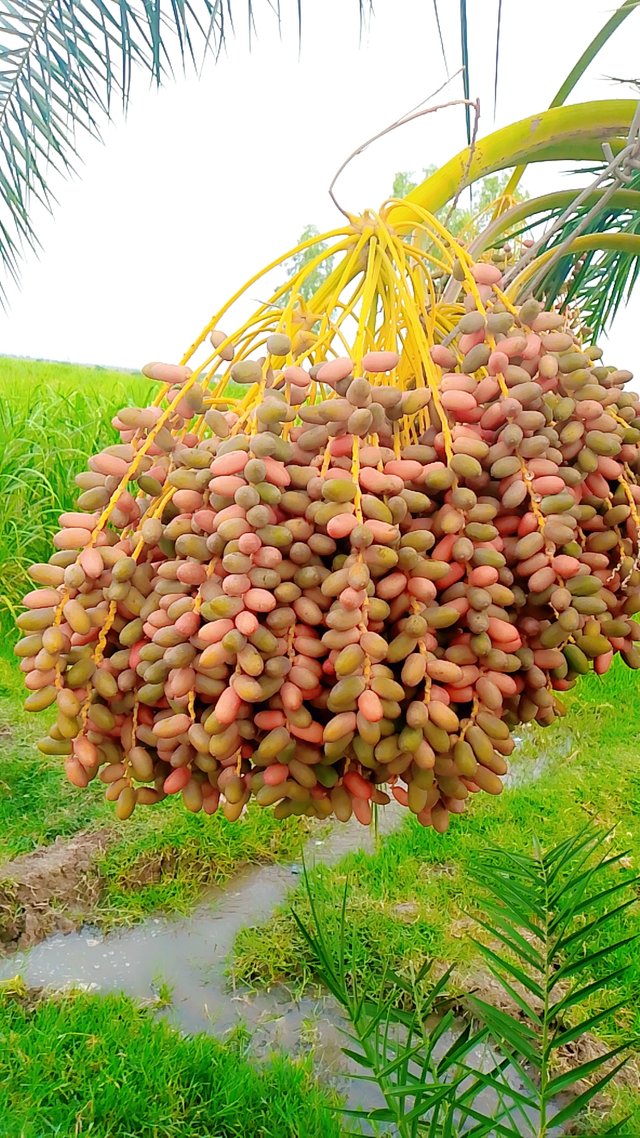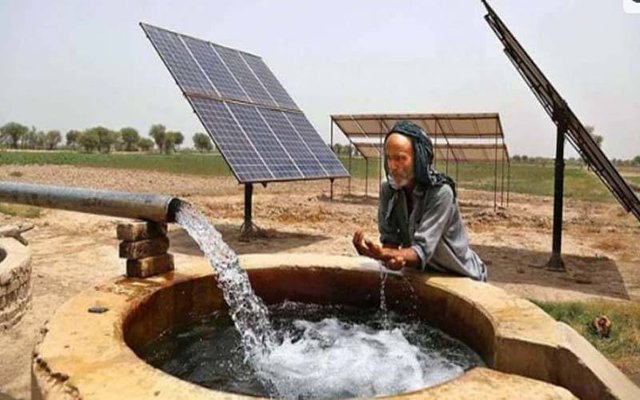
Assalamu Alaikum, how are you, I hope you are all well and in the protection of Allah, may Allah grant you success, Ameen.

Now let me tell you the famous thing of Amar village, Doka, it is a type of palm here
Every year we used to send boys to India. There was prosperity in Khairpur and Sukkur. But now there is disappointment everywhere.
This is what Kanwar Lal, a businessman from Khairpur district of Sindh province in Pakistan, famous for the production of dates, who runs the business of Chohare under the name of Badshah Trader.
Kanwar Lal says his business has "halved" since Pakistan banned the export of chhohare to India last year and India increased taxes and duties.
Atiqur Rehman Memon, a farmer of Khairpur and secretary of Sindhabad Gar Foundation, says that due to the ban, farmers could not get good rates last year.
Advertisement
When the chawhara used to go to India, at that time the farmer used to get five thousand rupees per maund of good quality chawhar. But last year it fell to Rs 2,000 per manna.
Now the date season has started again in July. Farmers do not understand what will happen to them?'
KARACHI: Dates become an essential part of our diet during Ramadan. Do you know that 95 varieties of dates are cultivated in Pakistan, from which a large amount of foreign exchange is obtained.
The average age of a palm tree is up to 150 years, while in some species, up to 1,000 palm kernels are found in a bunch. According to medical research, dates are a unique and complete food in which the essential nutrients for our body are found in abundance.
Experts say that more than 95 types of dates are cultivated in Pakistan, a large number of which are exported outside the country.
Can generate income. A general rule in the area is that five acres of land can be adequately managed by one family. To put this experience into practice, I was guided by a group of farmers in Pakistan called Sustainable Natural Farming Systems (PQNK). It was headed by agronomist Asif Sharif. The group provided a platform to share experiences and provide guidance. The group recommends four basic methods: (1) Break hard pans into the ground. (2) Stop all farming. (3) Plant everything on permanent raised beds. And (4) always maintain a thick cover in the form of live or dead mulch.. Asif Sharif's efforts included organizing several .
.jpeg)
WhatsApp groups of farmers, answering their queries and sharing examples of their success. I hoped that by being a part of this system, I would be able to connect with other farmers and learn from their experiences. A similar model was adopted by the National Association of Small Farmers and La Via Campesina's Campesina-o-Campesina (Farmer to Farmer) and used to spread sustainable, agro-ecological farming practices. I started fencing my land in June 2020. Such practice is less in our area, but it was necessary to explain to the neighbors that we are not making a pasture for their goats. Together with a farm supervisor, we hand-planted our first crop of peanuts without a seeder and dived into transition methods at PQNK.
.jpeg)
We were prepared for the fact that the transition from conventional farming methods to this new method would be a painful step. Standard PQNK advice was to initiate the transition to a regenerative system by leveling the land, chiseling, ploughing, creating permanent beds/beds and planting a cover crop/mulch. The cover crop can be crushed or shredded in the field to create a thick mulch, within which the main crop can then be grown. Crop roots will create areas for water absorption on permanent beds and create an environment for soil organisms to recover.
.jpeg)
After several crops, the soil in the bed will become fertile and soft as soil fertility is gradually restored in the absence of tillage and the soil regains its organic content. In the first two years, we rapidly experimented with several crops. We tried to understand why the traditional crops of the village were limited to wheat and fodder. We tried pulses, guava, cereals, and several biomass crops. Punjab Agriculture Department's recommendation was to focus on high value and low volume products, so we dug a well to grow vegetables in a small area. Given the technical challenges of zero tillage, we also experimented with planting gardens on some of the land. In three years we have seen many things but rarely get a good initial growth of the crop. Over time, our seed germination decreased and we never compared to conventional systems could not get reasonable production. You might be wondering what that was all about.

The Punjab government has decided to give solar panels for tube wells to small farmers. The Punjab government has decided that small farmers will be given solar panels for tube wells, farmers with less than 12 and a half acres will be able to apply, farmers will be included in the survey, registered farmers will also be included in the survey. , solar panels will be awarded through lottery. Also Read: Up To 30% Power Price Cut Expected, Top Leader Makes Big Claim Agriculture department has started survey, only registered farmers will be eligible to apply, farmers less than 12.5 acres will be eligible, agriculture department will submit survey report, survey will be conducted across Punjab under the supervision of the agriculture commission.
@ All the pictures are capture by me
@ Allah Hafiz